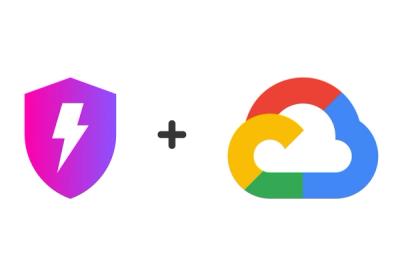
Security News
High Salaries No Longer Enough to Attract Top Cybersecurity Talent
A survey of 500 cybersecurity pros reveals high pay isn't enough—lack of growth and flexibility is driving attrition and risking organizational security.
:link: Website | :page_with_curl: Docs | :gear: Install Guide | :pencil: Tutorial | :bulb: Examples
Real-time dashboard for Optuna. Code files were originally taken from Goptuna.
You can install optuna-dashboard via PyPI or Anaconda Cloud.
$ pip install optuna-dashboard
First, please specify the storage URL to persistent your study using the RDB backend.
import optuna
def objective(trial):
x = trial.suggest_float("x", -100, 100)
y = trial.suggest_categorical("y", [-1, 0, 1])
return x**2 + y
if __name__ == "__main__":
study = optuna.create_study(
storage="sqlite:///db.sqlite3", # Specify the storage URL here.
study_name="quadratic-simple"
)
study.optimize(objective, n_trials=100)
print(f"Best value: {study.best_value} (params: {study.best_params})")
After running the above script, please execute the optuna-dashboard command with Optuna storage URL.
$ optuna-dashboard sqlite:///db.sqlite3
Listening on http://localhost:8080/
Hit Ctrl-C to quit.

Please check out our documentation for more details.
You can also use an official Docker image instead of setting up your Python environment. The Docker image only supports SQLite3, MySQL(PyMySQL), and PostgreSQL(Psycopg2).
$ docker run -it --rm -p 8080:8080 -v `pwd`:/app -w /app \
> ghcr.io/optuna/optuna-dashboard sqlite:///db.sqlite3
$ docker run -it --rm -p 8080:8080 ghcr.io/optuna/optuna-dashboard mysql+pymysql://username:password@hostname:3306/dbname
$ docker run -it --rm -p 8080:8080 ghcr.io/optuna/optuna-dashboard postgresql+psycopg2://username:password@hostname:5432/dbname
You can install the Jupyter Lab extension via PyPI.
$ pip install jupyterlab jupyterlab-optuna

To use, click the tile to launch the extension, and enter your Optuna’s storage URL (e.g. sqlite:///db.sqlite3) in the dialog.

We’ve developed the version that operates solely within your web browser, which internally uses SQLite3 Wasm and Rust. There’s no need to install Python or any other dependencies. Simply open the following URL in your browser, drag and drop your SQLite3 file onto the page, and you’re ready to view your Optuna studies!
https://optuna.github.io/optuna-dashboard/
Please note that only a subset of features is available. However, you can still check the optimization history, hyperparameter importances, and etc. in graphs and tables.
You can install the VS Code extension via Visual Studio Marketplace, or install the code-server extension via Open VSX.

Please right-click the SQLite3 files (*.db or *.sqlite3) in the VS Code file explorer and select the "Open in Optuna Dashboard" command from the dropdown menu.
This extension leverages the browser-only version of Optuna Dashboard, so the same limitations apply.
If you want to contribute, please check Developers Guide.
FAQs
Real-time dashboard for Optuna
We found that optuna-dashboard demonstrated a healthy version release cadence and project activity because the last version was released less than a year ago. It has 7 open source maintainers collaborating on the project.
Did you know?

Socket for GitHub automatically highlights issues in each pull request and monitors the health of all your open source dependencies. Discover the contents of your packages and block harmful activity before you install or update your dependencies.

Security News
A survey of 500 cybersecurity pros reveals high pay isn't enough—lack of growth and flexibility is driving attrition and risking organizational security.

Product
Socket, the leader in open source security, is now available on Google Cloud Marketplace for simplified procurement and enhanced protection against supply chain attacks.

Security News
Corepack will be phased out from future Node.js releases following a TSC vote.